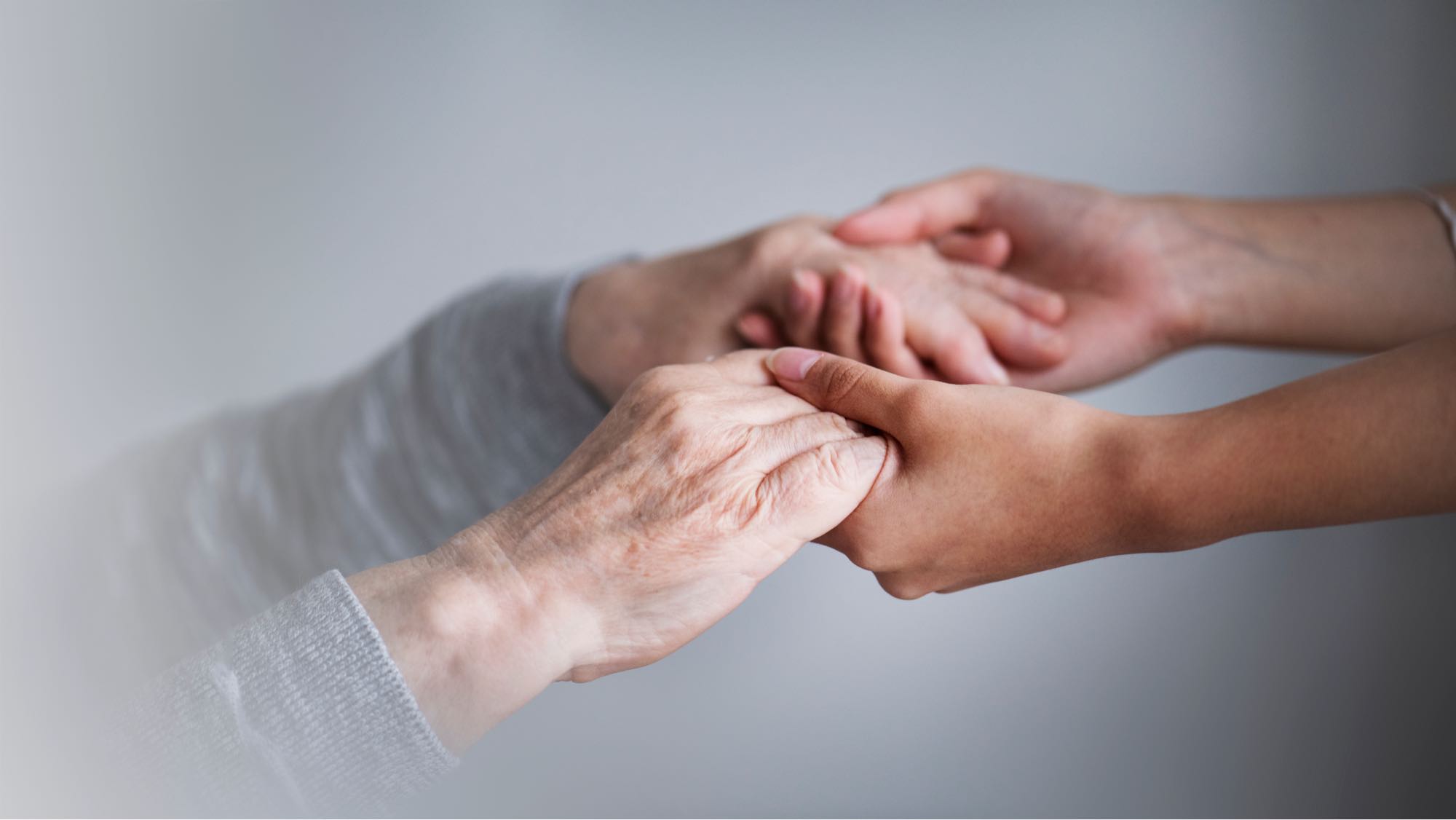I was an elder care nurse for 7 years – here is what I learned

Meet Laurie, an LPN who has been an elder care nurse for eighteen years, seven of which she spent working in a residential care facility in Oregon’s Willamette Valley. NurseLearn sat down with Laurie this week to talk about her experience in community-based care (CBC).
There are a lot of misconceptions about what this job is… It’s rewarding. It’s rewarding getting to know people and their stories.
“When we were in nursing school, someone asked me if I was going into geriatrics. I said, ‘oh, absolutely not! But, once I graduated from nursing school, I thought to myself, ‘now what do I do?’” Laurie took a chance. Needing a job, she sent out her resume to a varity of nursing position openings and decided to see what stuck. Shortly after, she got an interview at a residential care facility.
“When I walked into this facility, I just had a feeling that this was where I was supposed to be,” she remembers. “I had even accepted a job somewhere else by that point, which I ended up turning down.”
It was a leap in the dark, but Laurie was eager to put her care skills to use. As a recent graduate new to the field, she had a slight bout of nerves. “And then, once I started working, it was just natural for me,” she says. “I didn’t know I would love it so much.”
Being a New Community-Based Care Nurse
Being a new nurse, Laurie tended to work various shifts. “During dayshift, you had other nurses there. But during evening and night shifts, you were the only nurse.”
“It was a little scary,” she laughed, “like, do they know I just graduated from nursing school? Do they think I know what I’m doing?” Despite her fears, with some time, Laurie settled into the groove of her new role.

“It took a bit of trial and error to find my rhythm with charting, but when it came to learning to lead my care staff, I just treated everyone like they were my equal.”Laurie’s facility cared for many residents—anywhere from 35 to 75 at a time. “We had radios, and I would always tell my CNAs to call me if they needed help with, say, a two-person transfer. Just call me. If I’m available, I will come and help. You work as a team that way.”
Laurie’s positive transition into elder care was made possible, in large part, by the nurse who trained her at the facility.“The nurse that trained me was awesome. I’m still really good friends with her,” Laurie says. “She was an LPN, and she always wanted to be an RN. She showed me everything about how to navigate our systems,” she recounts. “I used to say she was a great teacher, and she would say I was a great nurse.”
“I can imagine how difficult it would be entering long-term care right now,” Laurie comments, reflecting on the current nursing workforce shortage and the consequent staffing challenges it creates. “Even in my current clinic, we get new staff coming in, but we don’t have enough staff. So, the extended training that we would normally provide, well, they have to skip and then folks are pushed into working a job they werent trained for. They aren’t getting the same training and support that I got when I entered nursing.”
Laurie highlights an important change in the field of nursing—one that is all too familiar to nurses, care staff, and hiring managers across all nursing sectors. Oregon, along with the entire country, is facing a historic nursing workforce shortage. Challenges with recruitment, retention, and minimal onboarding training, result in a workforce that is in constant flux.
In a 2022 survey of Oregon’s assisted living, memory care, and residential care facilities, one third of survey respondents reported having at least one RN leave within the past six months. 91% of survey respondents also reported at least one non-RN member of their care team leaving within the same six-month period.*
As Laurie highlights, the lack of staff with long-term, institutional knowledge in community-based care paired with a regular influx of new staff who are not able to recieve the same level of training creates pressure that impacts the entire team, current and future.
“I was blessed. I got lots of training, even though I was scared to death to do it on my own in the beginning,” Laurie says. “I can’t imagine what it would be like now, “ she ponders, imagining how she might respond, walking into today’s work environment as a new nurse. “I would probably leave. In fact, that happened to me! I was onboarding a new hire recently, and they left for lunch and never came back!”

The Value of Community-Based Care Training
Laurie’s story is compelling. It is one that highlights the value of receiving ample training and support directly from community-based care peers early on; it is one that underscores the necessity of community and togetherness within this sector; it is one that shows a drive and passion for community-based care nursing that needs nurturing and support in order to thrive.
“I loved elder care. I loved the people I worked with; I loved my residents; I loved being part of their family and getting to know them,” Laurie says. “In fact, I wish I had known just how close I would get to my residents—not that I regret or resent it at all, but I didn’t anticipate the pain of their loss.”
“There are a lot of misconceptions about what this job is,” Laurie continues. “It’s rewarding. It’s rewarding getting to know people and their stories.”
“I cared for my residents the way I would want my grandparents cared for,” Laurie shares. “And, there were times when I had residents who were 100+ years old with no living family,” she adds, fighting the lump in her throat. “I would be there when they took their last breath. And… to me, that was an honor…That was hard, but I felt like it was an honor to be there with them.”
————————-
*The 2022 survey reports that while these figures indicate somewhat high turnover among RN and non-RN care staff, results should be interpreted with caution due to the low number of AL/RC/MC settings that responded to these particular questions (a little over one third).
For access to free CBC nurse mentorship, education, technical assistance, and more, check out NurseLearn’s Enhanced Program, available to all Oregon-licensed CBC nurses.






